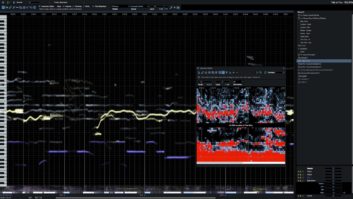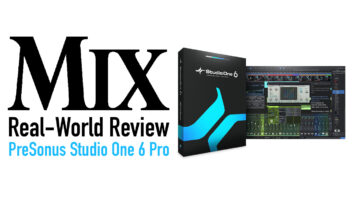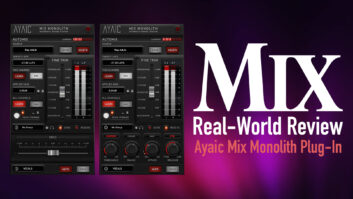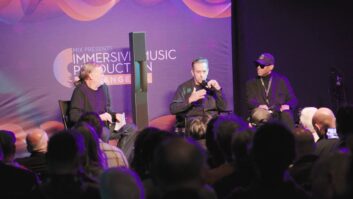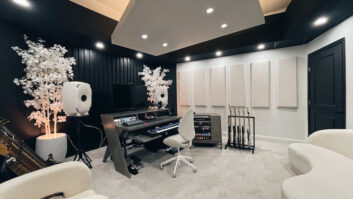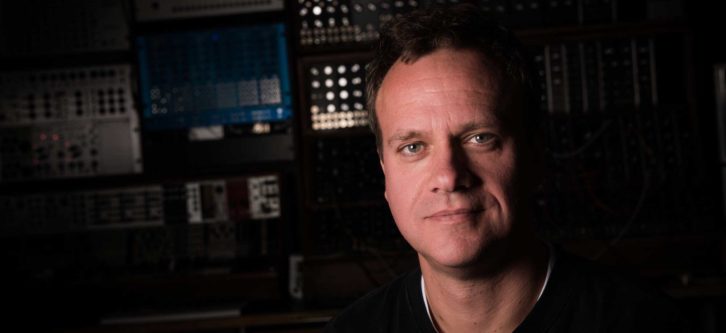
Dom Morley is a Grammy Award winning engineer and producer. Over a 20-year career, he has worked with many artists, including Adele, Sting and Amy Winehouse, and producers including Phil Spector, Mark Ronson and Tony Visconti. Morley can be reached at https://www.themixconsultancy.com
As might be expected, the control room of a recording studio operates with a fairly hierarchical command structure. This can be confusing if it’s not an environment that you are used to (more records are made outside of a recording studio these days than in one), so a quick lowdown on how it all works might be useful.
The Runner
This is the starter position in most studios. In different studios, this might have a different title or involve different responsibilities—like night reception, tech assistant, sometimes even cleaner—but it’s a good way for a studio to really assess someone before putting them into a more important job. This person is new to the studio business (although these days they may well have some pretty good and relevant qualifications), and they are on the first rung of the ladder. An important aspect of this role is that they don’t actually work in the studios themselves, just in the building. You will very rarely see someone at this position in a control room because their job is to help the studio and sessions function from the outside. Their role might include fetching coffee and takeout food, answering phones and arranging taxis, or fixing broken cables. This job is not always paid and the goal is for the person to prove their professionalism and show a keen and efficient attitude to their work, no matter how menial the work may sometimes seem. If you are lucky enough to get one of these jobs, remember that it’s your attitude that’s being appraised more than any technical knowledge.
The Assistant Engineer
This role has two facets: knowing the studio and keeping the session moving. On the first point, the assistant will be expected to know the best place to position a drum kit in the live room, be able to suggest some good options for room/ambient mics, and know how all the gear in the studio works in case any of it is unfamiliar to a visiting freelance engineer.
On the second point, an assistant should be fully aware of what’s happening as the session progresses and be prepared for whatever they suspect may be coming next. An excellent assistant engineer is one who, when asked by the engineer to set something up, replies that it’s already done. Tied into this “session awareness” should be knowing the right time to get the teas and coffees. It’s also worth remembering that the assistant is the first to arrive and the last to leave every day. Setup and clear-down can sometimes be quite extensive (such as with big orchestral sessions that require many mics and headphones to be checked and ready), so the hours can be very long.
The Recording Engineer
The role here is to get the sounds that deliver the producer’s vision. If you know much about filmmaking, then the (roughly) equivalent role is the director of photography, with the producer being the equivalent of a film’s director. The engineer chooses which mics to use, operates the desk and all the other equipment, and probably runs the DAW as well. I say probably because an experienced (and ambitious) assistant can often take over the running of the DAW in a reprisal of the traditional “tape op” role.
As this column focuses on recording sessions, I’m not discussing the roles of mix engineer and mastering engineer here. That’s probably a column in itself! All I’ll say at this point is that those are two very different roles best performed by different people.
The Mix Consultancy: Are Modular Synths Useful to Mix Engineers?
The Mix Consultancy: Creating Space in a Mix
The Mix Consultancy: We need to talk about money…
The Programmer
This is the “half,” as it’s a role that rarely exists now, but it’s still a term that gets used (mostly by old guys like me), so it’s worth knowing. Today, the job of “programmer” has pretty much been absorbed by the producer and band members, but this person was a studio staple back in the days before the advent of soft synths (and when budgets were a bit more … luxurious). Back then, synths and samplers required hardware, and they were very expensive. A programmer would arrive with a lot of his or her own synths (both racked and keyboards) and would not only be great at playing them, but could dial up a huge range of sounds very quickly.
The Producer
This is the hardest to describe as the role varies greatly depending not only on the producer but on the project. The basic description is that the producer gets the project delivered according to the vision of the artist and/or label. This can mean anything from simply putting together the right team of musicians and engineers and then staying out of the way, to arranging the track and playing all the instruments on it (as well as being the songwriter and engineer).
The two most common routes to becoming a producer are via engineering or being a musician. You can expect an engineer-producer to be extremely well versed in how to use a studio, and they may do the recording and/or mixing for the project as well. A musician-producer will probably play one or more instruments on the project and might be more involved in the writing and arrangement process. These are very broad guidelines. I’ve worked with great producers who performed all or none of those roles!
All of this covers the traditional recording studio environment, but obviously there are many more records made outside of that environment these days than within it. I’m definitely a big fan of the democratization of music-making that’s the result of moving out of the traditional recording studio paradigm, but it’s worth bearing in mind the separation of roles and expertise described above even with our newfound freedom. While you can record, produce and mix a record on your own, is this lack of collaboration the best thing for your work? I understand the argument that a one-man show has a purity of expression, but music has benefitted from collaboration for centuries. Perhaps yours will, too.
